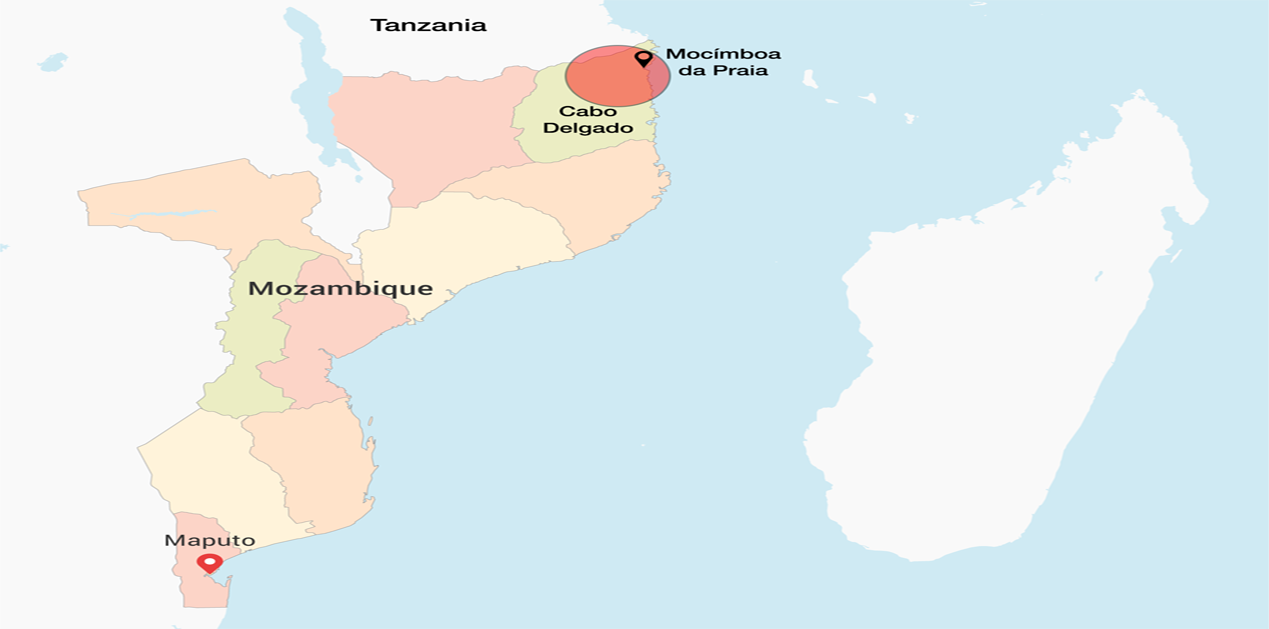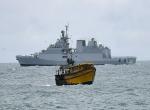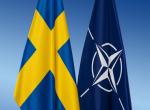Mozambique lies in the southern east part of Africa, surrounded by the Indian Ocean in the east with its neighbouring countries as Tanzania, Malawi, Zambia, Zimbabwe, Swaziland and South Africa. It has a population of around 29 million and occupies area of 812,379 sq km. The country gained independence from Portugal in 1975 and is still suffering from the consequences of the sixteen year civil war that ended in 1992. Tensions remain between the ruling party - Mozambique Liberation Front (FRELIMO) party and the opposition Mozambican National Resistance (RENAMO), as corruption has become a major concern for the people.
Just when there were positive indications of the continuous dispute between FRELIMO and RENAMO being resolved, the first Islamist attack shook the region. A new armed group has popped up from nowhere in Mozambique launching several armed and deadly attacks in the northern part of the region. On 5th October 2017, the first attack took place where thirty men attacked a police stations in the small town of Mocimboa da Praia which lies in the northern-most province of Cabo Delgado. The region is about 30 km from the border of Tanzania. According to the ISS report, the attack took sixteen innocent lives. The following image will give a clear vision of the region attacked.
The same group struck on the 21st October, clashing with the government forces in the fishing village of Maluku very close to Mocimboa da Praia. The villagers were forced to flee leaving the place deserted. Later on, another attack was reported during the night of 22nd October, in the Columbe village which is about 16 km south of an installation of Texas-based Anadarko Petroleum Corporation, exploring for oil and natural gas in the region. The locals of Mozambique called the raiders as ‘Al-Shabaab’ who mentioned to them that their fight was with the state and the police and had no intention to hurt them. At the beginning of the attack there was a notion that assailants were linked to the Somali jihadist group, but later it was noted that the attackers spoke in local languages including Swahili and Portuguese. There seemed to be consensus that they belonged to the local Muslims group Al-Shabaab. It can also be pointed out that the attack took place in such a region because the socio-economic ground is fertile for it to gain support among the northern Muslim youth who are being cut out from the emerging wealth and affluence which would be produced by oil, gas and other natural resources in Cabo Delgado.
Mozambique has significant Muslim population mostly concentrated along the northern coast, ranging from somewhere between an official eighteen percent of the total population to the unofficial figure of thirty percent. What could have motivated the local Al-Shabaab to launch these concerted attacks remains hazy till date. At the time of rule of FRELIMO in the Marxism-Leninist phase the Muslim faith was originally discouraged. In the early years of the 1990’s, with a shift to multi-party democracy, there was a change in the policy where all faiths were tolerated. Questions over the kind of education and various other issues although existed at that time. Like the Boko Haram in Nigeria, the local Al-Shabaab also rejects western style of education, particularly to boys and girls being taught in the same classroom. For FRELIMO, on the other hand, boys and girls should be taught together.
Till now, there has been no international terror group been linked to Cabo Delgado, which is a Muslim majority province endowed with huge oil and gas reserves. That has brought in international conglomerates and their private security, making the area a potential powder-keg. The government must devise a careful and well-thought response to this new Islamist threat. The fact that this first Islamist attack was carried out by Mozambicans makes the event no less shocking, particularly in a country proud of its sound and relaxed inter-religious relations. Until we get more information on the group and what triggered it to attack the state, it’s worth setting the incident within a historical context. This incident should not to be taken lightly, rather it needs focused and serious research because if the underlying grievances are neglected, in no time, will the militant Islamists gain support. Thus, the government must devise a careful and well-thought response to this new Islamist threat.
(Views expressed are of the author and do not necessarily reflect the views of the VIF)
Image Source: https://issafrica.org/iss-today/mozambiques-first-islamist-attacks-shock-the-region











Hi nice article. It highlights some important points. I would like to add the "invisible hand" of foreign interests in natural resources (Gas) in creating and financing these groups so the government has fewer choices in the negotiations of the contracts on the exploration of the resources....
Post new comment